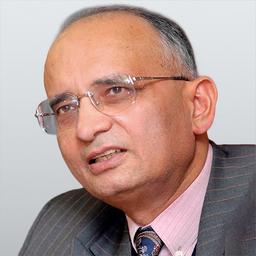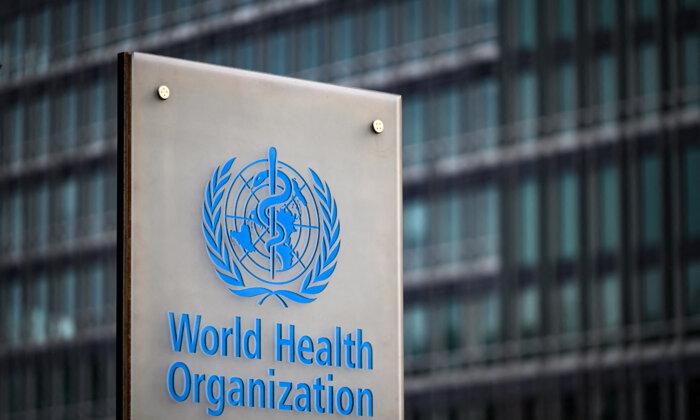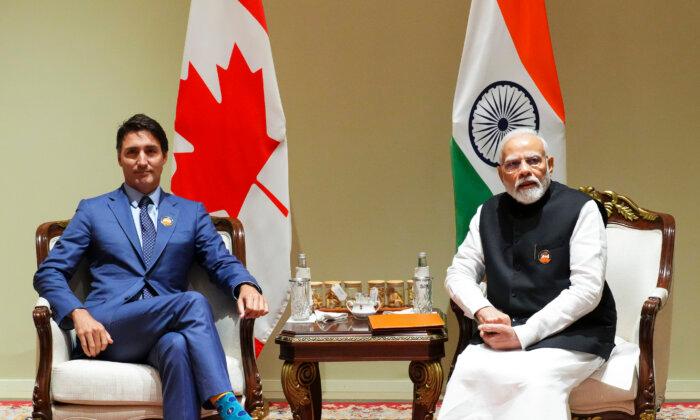The biggest takeaway from India’s 18th general election is that the death of Indian democracy has been much exaggerated.
The exercise was a resounding win for the election machinery of the world’s most populous democracy.
Narendra Modi becomes the first leader since founding Prime Minister (PM) Jawaharlal Nehru to win three consecutive elections.
A longstanding cliché holds that every statement about India is true, but so is the opposite.
A Triumph of India’s Election Machinery
India has the world’s most efficient, effective, and credible election machinery.Elections were conducted in seven phases over 44 days from April 19 to June 1. Counting began at 8.00 a.m. on June 4, and most individual results and the national outcome were known by the end of the day.
This is 2.5 times the total number of voters in the 27 EU countries.
With 543 elected seats in the Lok Sabha (House of the People), a party or alliance needs a minimum of 272 seats to form the government. The ruling Bharatiya Janata Party’s (BJP) strength fell substantially from 303 to 240 seats, and that of its alliance from 354 to 293.
Meanwhile, the Congress Party almost doubled its seats tally from 52 to 99, and the opposition group claimed 234 compared to just 93 in 2019.
The BJP had set itself the target of increasing its number of seats to 370, with additional seats for allies taking the combined total to beyond 400. Exit polls published after the final round of voting finished on the evening of June 1, fuelled the expectations of an increased BJP majority.
The actual results thus added to the shock of expectations belied.
The Decline of Brand Modi
The government went into the election with the appeal of continuity, the BJP enjoying an unmatched country-wide organisational machinery, massive advantages in political fundraising, a record of stable governance, streamlined and efficient welfare programs, and the perception of greatly enhancing India’s global image.Prime Minister Modi is a colossus bestriding India’s political landscape.
The BJP sought votes for Mr. Modi as its one all-India candidate. The opposition parties reciprocated by targeting him as the opponent they wanted to be checked and defeated.
Thus the inescapable conclusion is that Brand Modi has been dented and his aura of invincibility punctured.
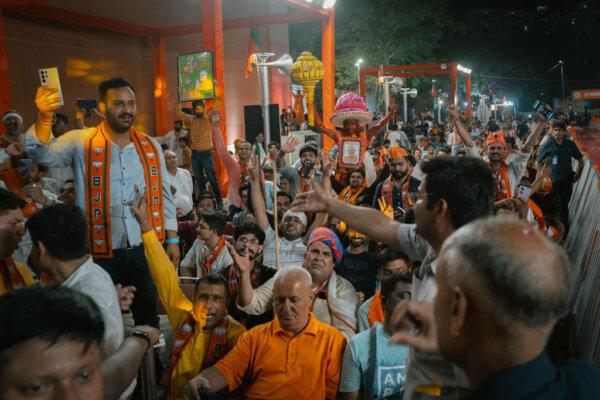
Unlike the last two elections, this time round most of the opposition parties did manage to cobble together seat-sharing and non-compete arrangements to maximise their chances of success.
If next time they can agree on a prime ministerial candidate in advance, they will be far better positioned to compete in elections that, as in other parliamentary democracies, have become increasingly presidential.
The BJP and Mr. Modi may also have fallen victim to hubris and complacency.
Abusing State Power for Political Gain
India has been the fastest-growing major economy, but the growth in aggregate GDP was led by government spending, not consumer spending and private sector investment.There has been no matching rise in per capita incomes, no job creation to absorb the new entrants into the labour force, and a persistence and widening of inequality. People were also hit by rising food, produce, and fuel prices.
There was also growing unease with the misuse and abuse of state power to harass political opponents.
The Congress party’s assets were frozen. Two chief ministers were arrested, and many prominent and outspoken opposition leaders lived in fear of raids and arrests.
The arrogance and high-handedness often took the form of trampling over state governments and sensitivities. This was especially pronounced in Maharashtra, West Bengal, and Punjab. The BJP has suffered severe reversals in all three.
With a total of 80 seats, Uttar Pradesh (UP) is the most politically consequential state of all. The BJP is in power there, and Chief Minister Yogi Adityanath is the most hardline Hindu.
The regional Samajwadi Party increased its share to 37 seats while the BJP’s haul was almost halved from 63 to 33.
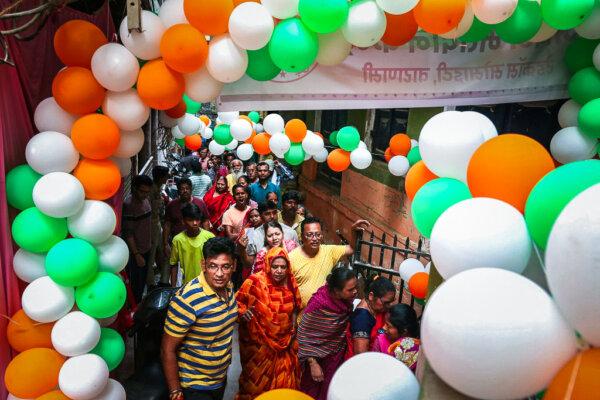
Identity Politics
Muslims make up 14.2 percent of India’s population, the largest religious minority in the country.Over the last decade, because of acts of commission and omission by BJP governments in New Delhi and many states, Muslims have come to believe they have been targeted with violence and steadily marginalised in pursuit of the Hindu-first identity for India as one of the BJP’s major goals.
Yet many in the majority Hindu community have become exhausted with belligerent Hindu nationalism as the only “political” offering on the table.
Some argue that using religion for political gain is anti-Hindu and also, in its divisiveness, anti-national.
Interpreting the People’s Verdict
In sum, the results are a win-win-win-win outcome.- The BJP gets to form a third consecutive government to consolidate its transformative agenda.
- Coalition allies will have more say in governance.
- Congress and other opposition parties have given a respectable showing and will form a credible opposition and be better positioned to hold the government accountable.
- The return of regional parties means the prospect of over-centralisation, which would constitute an existential threat to India’s unity, has receded.
Although the BJP has led a coalition since 2014, it has never before been reliant on parties in the alliance for a majority in parliament. It will be forced to become more inclusive and constructive in its approach to nation-building.
State elections will become a lot more interesting.
But expect continuity in India’s foreign policy with the wariness of China, progressive decoupling of military ties with Russia, and gradually strengthening ties with Japan and the major Western countries.

